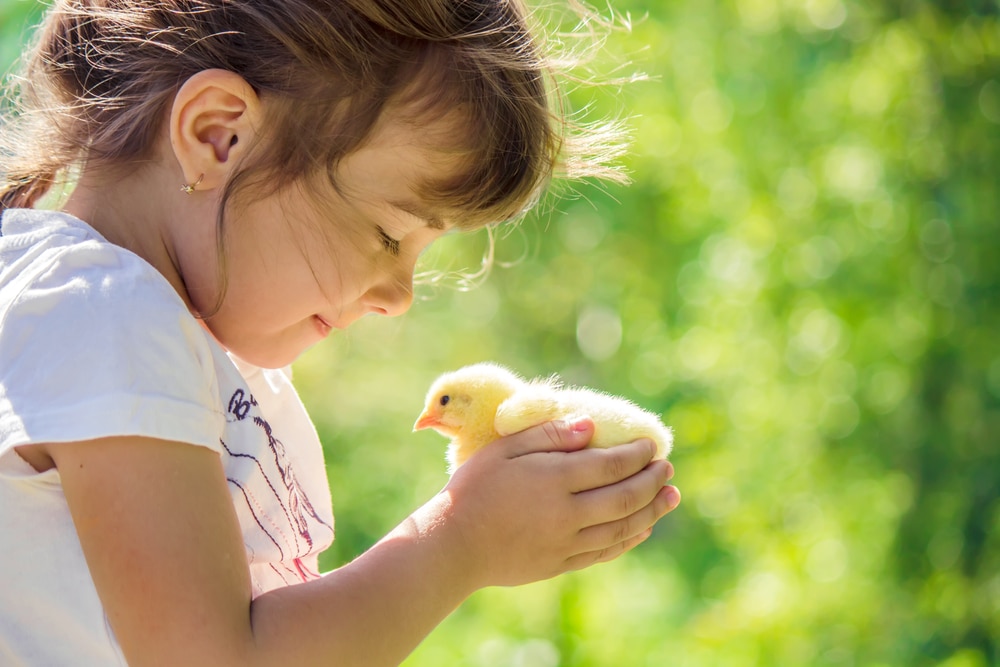It’s really about both things. Any success in animal protection during the past century has been overridden by the suffering, death, and extinction human population growth has caused. Since the modern advent of animal rights the number of animals driven into extinction, tortured and killed for food or fur, used in horrific experiments, bred in puppy mills, and exploited and harmed in every imaginable way has exploded.
Having Kids teamed up with UK-based Population Matters on an article urging animal advocates to act on the trend that could derail the entire movement: the ballooning human population.
TAKE ACTION: Add your name to our call for the United Nations to recommend smaller families.
Animal protection has always been a factor in Having Kids’ fight to change how people think about family planning. After all, it is humans that drive the demand for industries causing animal suffering on a massive scale. But the intersection of animal protection and a small family ethic is very rarely acknowledged by animal-focused groups.
Our new article explains why advocates must change that. And this change is truly fundamental, going well beyond protecting animals and the environment to protect kids, and help build true human rights and democracy by focus on the people that actually comprise those systems.
Some animal-focused groups are already recognizing the need for change, including In Defense of Animals, which recently signed on to Having Kids’ letter to the United Nations for World Population Day.
By 2100 world population could vary by billions of people, depending on whether the average woman in the world today has one child more or one child fewer in her lifetime. From plummeting biodiversity and more habitat loss to increased demands for animal agriculture, the path we choose will have an immense impact on animals.
Read the full article on Animal People Forum for a full explanation of why family planning reform is central to any movement to improve life for animals.
TAKE ACTION: Add your name to our call for the United Nations to recommend smaller families.

